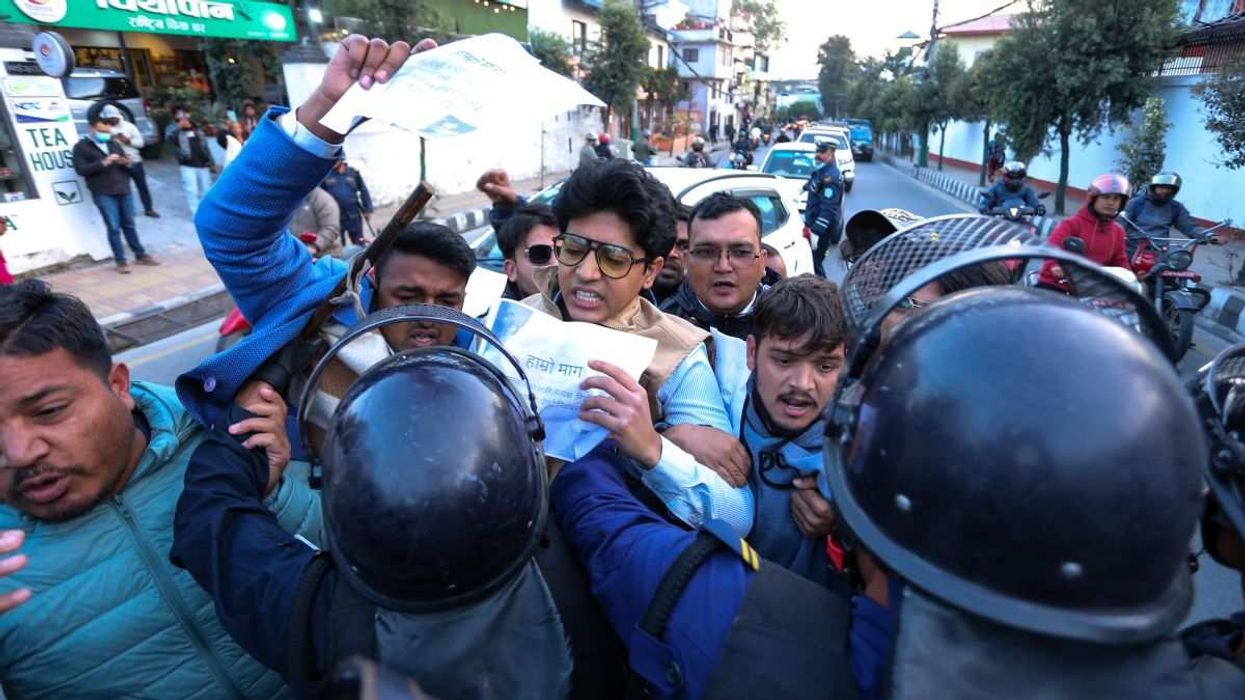Salvadorans voted overwhelmingly on Sunday to reelect President Nayib Bukele, the self-styled “world’s coolest dictator” – even though the constitution says he can’t serve a second term. Provisional results show he won 83% of the vote.
Bukele came to power five years ago promising to clean up rampant crime and corruption that had turned El Salvador into a lawless state. Today, 75,000 people, or 1.7% of the country’s adult population, are in jail, which is the highest incarceration rate in the world.
Despite criticism for his authoritarian methods, and accusations that his government colludes with the very gangs he vowed to stamp out, Bukele remains wildly popular. Pre-election polls had his main rivals receiving barely 12% of the vote between them.
Bukele's second term faces challenges, however, as poverty remains high and the IMF describes the country’s fiscal situation as "fragile." Since 2019, extreme poverty has doubled and almost half the population is food insecure. Bukele’s economic reforms have been unorthodox: In 2021, the government declared Bitcoin legal tender, attracting attention but also criticism for its volatility. Today, Bukele says El Salvador’s investments in the cryptocurrency are in the black, but it remains to be seen if he has as much success tackling poverty as he did crime.



















